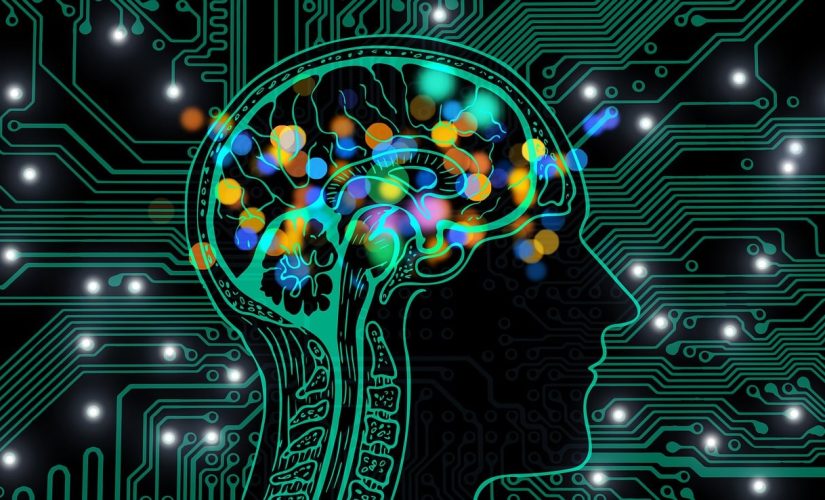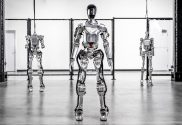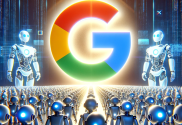The art world is currently abuzz with a significant controversy surrounding AI-generated art, particularly focusing on the program Midjourney. According to Kotaku, allegations have surfaced that the AI art-generating program has been training its algorithm on work by artists from the popular card game Magic: The Gathering.
Reid Southern, an artist known for his work with Marvel and DC, has brought this issue to light with screenshots from Midjourney’s Discord server. These screenshots reportedly show a conversation involving Midjourney CEO David Holz. Holz is alleged to have stated that the program created “huge swaths of MTG cards” during its test phases, using the work of Magic artists as a foundation for its algorithm.
This revelation is particularly significant as it forms a part of new evidence in an ongoing lawsuit against Midjourney, DeviantArt, and Stability AI. The lawsuit, representing artists Sarah Andersen, Kelly McKernan, and Karla Ortiz, argues that AI-generative software is fundamentally built upon the copyrighted work of thousands of artists. A list naming over 4,700 artists, whose work has allegedly been used by Midjourney, has been included in the lawsuit documentation.
Holz has expressed a desire to avoid involvement in the debate over plagiarism, but the emerging details seem to have inevitably entangled him and his company in this complex issue.
Beyond the specifics of this case, the broader discussion points to a growing trend in various industries. Corporations are increasingly turning to AI-generated art as a cost-effective alternative to commissioning human artists. This shift is evident in the video game industry, with major players like Xbox, Assassin’s Creed, Fallout, and Pokémon Go facing criticism for utilizing AI art or promotional materials instead of employing human creatives.
The crux of the issue lies in the economic motivations behind this trend. AI is often a cheaper option than hiring artists and writers, fitting into the corporate strategy of cutting costs. However, this raises ethical concerns about the impact on the creative industry and the value of human artistic endeavor.
As AI continues to evolve and find applications in various fields, the debate around its ethical and copyright implications grows more intense. The controversy surrounding Midjourney and the use of AI in art creation is not just a legal battle but a reflection of the larger conversation about the role of technology in art and the respect for intellectual property in the digital age.





